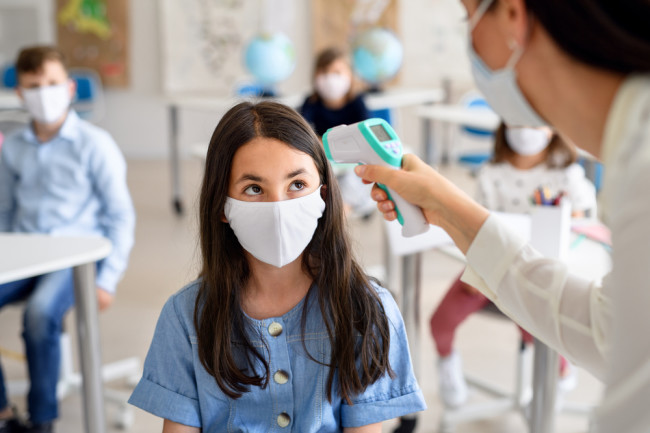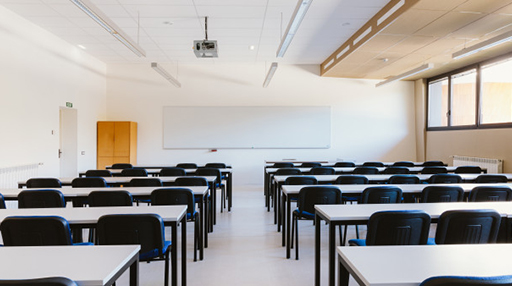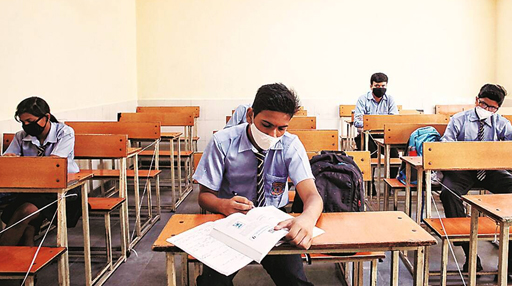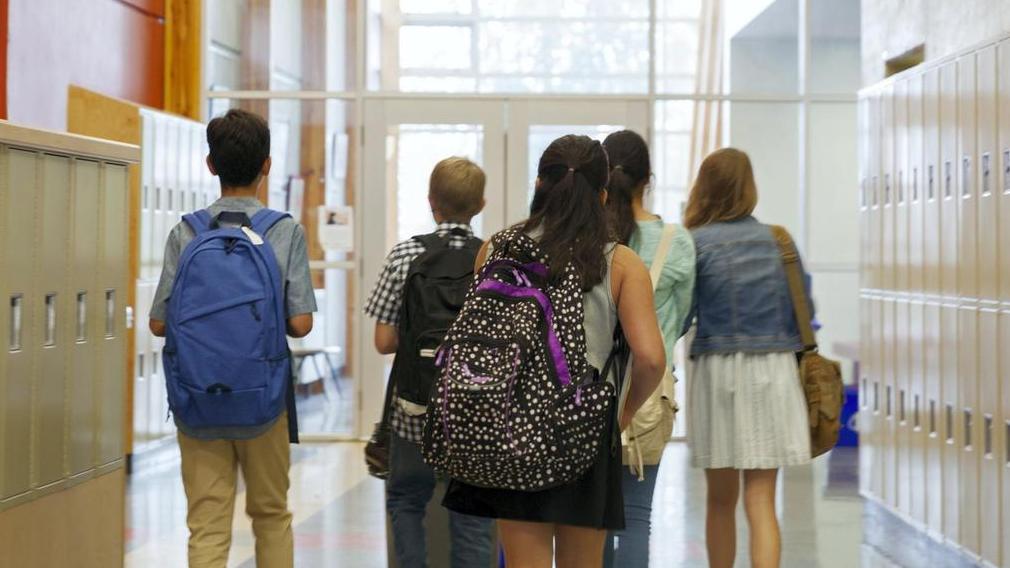Discover new institutes with a click
Climate Change, the Pandemic, University, and You

Across the world, education has looked very different than in the past; classes are held online, blended, or in-person with precautions like social distancing, temperature taking, hand sanitizing and mask wearing. This global pandemic continues to unfold and disrupt our daily routines, but how are universities adapting?
1. Recognizing the impacts of climate change on our health
This pandemic has shown the fragility of humanity’s relationship to the ecosystem.
The University of Nicosia (UNIC) Medical School espouses the holistic concept of One Health, which emphasizes the relationship between the health of humans and animals within a healthy, sustainable environment.
2. Increased digitization
Around the world, we see a digital shift of healthcare services to provide online options to lower the risks posed by in-person interactions, to avoid spreading coronavirus, and to make healthcare more convenient.
At the University of Nicosia Medical School, we digitized primary care services for our students and community patients:
- Telehealth appointments
- Online booking appointments
- Requests for prescription refills online
3. Greater student health and wellness support
Students can find support across multiple platforms:
- UNIC developed an online Coronavirus diagnostic tool to guide citizens through symptoms to better understand next steps if they’ve been exposed or if they develop symptoms
- There is a call centre and dedicated UNIC coronavirus website
4. Take care
Coming into this next flu season, people may panic as COVID-19 symptoms are oftentimes flu-like, so continue to follow health professionals’ recommendations:
- Don’t walk-in to the clinic: call, check your symptoms, make an online telehealth appointment.
- Get the flu vaccine. This is strongly advised and should eliminate the possibility of getting the flu this year.
- If you belong to a high-risk group, continue to self-isolate and take precautions.
- Students with Asthma, Diabetes, and other high-risk conditions should be taking good care of their health (i.e. taking medication, ensuring proper use of inhalers well before autumn).
- Protect yourself. Wash your hands often and thoroughly. Limit unnecessary exposures. Wear personal protective equipment appropriately, as and when directed.
- Don’t attend classes if you’re sick! Everyone has to be disciplined enough to not put others at risk.
- Follow the directives of government public health guidelines.
- Look after yourself.
- Healthy eating: Nourish your body with healthy foods.
- Physical activity: Incorporate exercise into your daily routine and limit your inactive time. Get up every 30 minutes and walk during your break or when on the phone.
- Sleep health: Get enough sleep and make sure your sleep is restorative.
- Stress management: Work to manage stress using techniques such as breathing, mindfulness, meditation, yoga, and exercise.
- Avoid risky substances: Acknowledge your needs and feelings and use healthy ways to cope with stress.
- Social support: Use virtual platforms to stay connected and seek support from your friends, families, or community.
- You are not alone. If and when you need it, seek help from your family, friends, colleagues, supervisor, instructor, or a health care professional.












